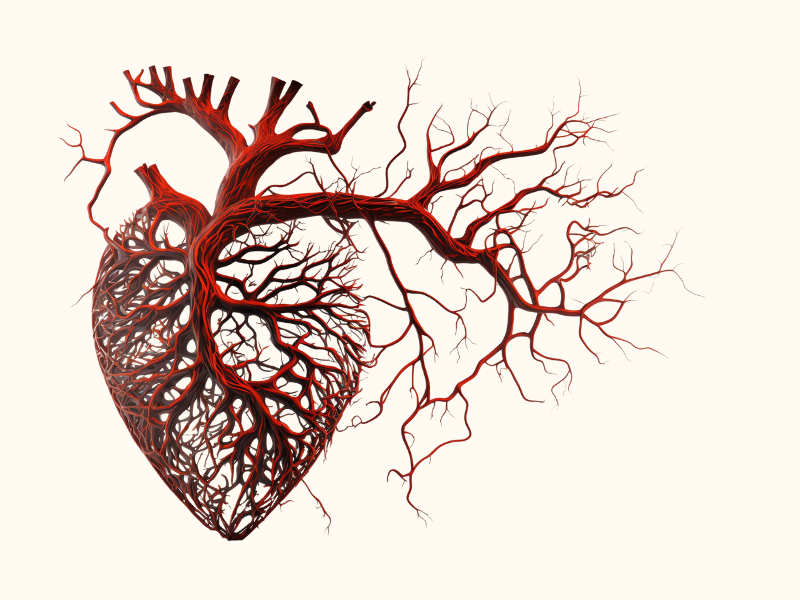21/12/2021
Why sleep is important for the immune system

Getting adequate sleep is important for well-being and health in many ways. A major international, interdisciplinary workshop sponsored by the National Institutes of Health highlighted the importance of sleep for regulating the immune system.
A summary of the workshop was published in JCI Insight. (1)
The consequences of sleep deprivation
Lack of sleep has been associated with an increased vulnerability to infection, reduced antibody titers (a measurement of the level of anti-bodies in the blood) after vaccination, and reduced lifespan.
Sleep deprivation has been shown to reduce the efficacy of the flu vaccine. And animal studies have demonstrated that sleep is connected to the body’s ability to resist infection.
Studies have revealed that sleep deprivation impairs the function of natural killer cells (part of the innate immune system).
Lack of sleep also disrupts the circadian rhythm, which causes inflammation and functional immunocompromise, making organisms more vulnerable to disease.
The authors concluded that (editor’s note):
“While connections to adaptive immunity and neuroinflammatory reflexes represent some highly opportune areas for study in the present, there are many areas of disease physiology for which the insights of circadian and sleep biology have yet to be considered."
Find help for better, restful sleep
Helping support restful sleep is vital to overall health and well-being.
Melatonin
Melatonin is a hormone that is naturally produced in the body. It's primarily known to offer support for the circadian rhythm, also called your "body clock".
Learn more and find melatonin products
Good habits & tips
Getting restful sleep can happen when we practice good habits like eating well, exercising and supplementing with nutrients that support healthy sleep.
Find advice & high-quality supplement
Circadian rhythm
What is circadian rhythm & how does it effect our health?





